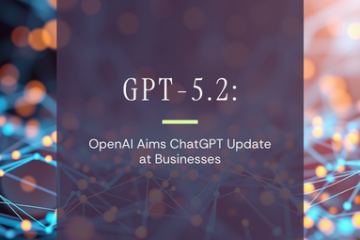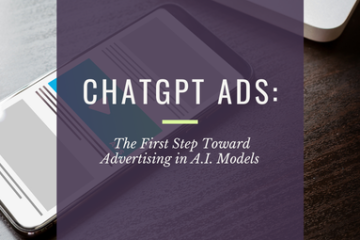
In case you are unaware, one of the biggest changes to an extant technology that many analysts are expecting A.I. to bring about is the comprehensive upgrading of the search engine.
From Google’s Search Generative Experience to Microsoft’s “the new Bing”, there are a number of notable examples out there that pertain to this most interesting development in the A.I. world.
But one of the A.I.-powered search engines that has been catching the eyes of many in the tech world is Brave’s search engine called Answer.
Brave the Company Makes Brave the Web Browser
Firstly, Brave Software, Inc. is a company that offers a free and open-source web browser by the name of Brave.
Brave the web browser is in the tradition of privacy-first web browsers such as DuckDuckGo that are marketed as independent from Big Tech and the overwhelming tracking software that personalizes the web experience for people on, say, Google Chrome.
According to an article about Brave’s new Answer engine in Search Engine Journal, Brave currently receives up to 10 billion search queries per year.
So, you can imagine then that there are plenty of people who are looking to benefit from what Answer has to offer.
Ask, and Ye Shall Receive from Brave’s Answer
So, for a Brave user of Answer, what exactly is in store for the use of this A.I.-infused feature?
Answer is sort of meant to be different from Big Tech A.I. search engines in that its A.I. will not by default answer questions about commercial or transactional products or services.
Also, it will show links to the users as well, ensuring that the
For the privacy-conscious crowd, it is important to duly note that Brave does indeed track website visit patterns. However, Brave’s search engine draws from its own index that its own algorithm adds to from crawling the web.
This means that it does not draw potentially sensitive data from other web browsers that may be less privacy-inclined.
Another notable thing is that since Brave runs its own search engine for its browser already, it has a huge step up from other non-Big Tech companies that would try to create an A.I. search engine. The reason here is that the company has a mountain of search engine data to train its A.I. search engine on, ensuring that the A.I. will have better odds of being high-quality.
Retrieval Augmented Generation (RAG) is also in place to make sure that the answers a searcher gets are still in line with what is fresh and new.
For this reason, SEO practices like trying to create fresh up-to-date blogs on a rolling basis will still apply to earning good rankings on the Answer search engine results page (SERP).
The Benefits of Brave for Business Owners
The whole “not by default assisting with commercial or transactional questions” may seem like the anathema of what a business owner should want out of a search engine.
But really, this search engine balances this out with some perks that ensure its users may actually end up at your web site after a search. One of the big perks here is continuing to keep links central to the search results.
So instead of just offering a ChatGPT-like answer to a question, where it is more a text or image answer, Answer seeks to keep links to many web sites still central to the result.
The Changing Tide in Search Engines
And so this search engine may actually play a big role in helping your business stay relevant as other search engines increasingly go to generative A.I.-powered results pages.
That sea change, many analysts anticipate, will lead to some definite growing pains as companies need to transition to an entirely new way of doing things on the World Wide Web.
Why this is the case is that it will largely make search engine results pages less link-heavy and a find-it-yourself information hunt among a litany of links and featured snippets organized by the search engine algorithm.
Of course, this way of doing things will likely still be available for those whose online modus operandi will always involve the clicking through links to find the result that most satisfies them.
But the primary search engine experience will likely feel a lot like talking to a chatbot like ChatGPT. These search engine chatbots will have a back and forth with users that may offer them the information they need, perhaps taken from your web site.
But the issue there is that if the answer is extracted from the site, then the user is less likely to actually visit the web site, and so get a lead.
For this reason, things are about to change in a big way for business owners and marketers in general who will need to figure out just how to continue competing in a changing online landscape.
Answer, which continues to privilege links in such results, keeps the odds better that a user will actually go visit a web site based on such a result.





